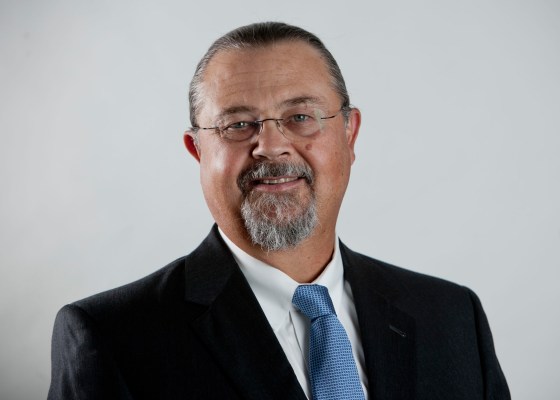President-elect Trump has made it clear that he is more than a little hostile towards the FCC’s implementation of net neutrality, both in his own words and, today, the appointment of two long-time adversaries of the policy to his transition team.
Jeffrey Eisenach is an economist and government veteran who worked at the FTC in the ’80s; he’s worked for a number of think tanks and research institutes that transmute industry money into custom expert critique, and under their auspices was a vocal opponent of the FCC’s current net neutrality rules. The New York Times did some excellent reporting on the man back in August, if you’re curious about the possibility of conflict of interest.
Eisenach described net neutrality as “an effort by one set of private interests to enrich itself by using the power of the state to obtain free services from another” in his testimony before the Senate Judiciary Committee in 2014. He suggested ISPs have no reason to discriminate between services, and they engender innovation rather than stifle it. You may judge that idea on its own merits.
Mark Jamison worked on Sprint’s lobbying team in the ’90s, and like Eisenach has done expert consulting work for several organizations. In a recent op-ed, he called net neutrality a “growing miscellany of ex ante regulations that frequently work against the entrepreneurs and consumers the rules are intended to help.”
He sums up his argument, such as it is, here:
He and Eisenach are both “scholars” at the American Enterprise Institute, a non-partisan think tank (I put that in quotes because while both are in fact actually professors, the term scholar in that context is a bit difficult to pin down). They also both contribute regularly to Tech Policy Daily, a right-leaning tech policy blog composed mainly of grousing at the inefficacy of the current administration and organizations like the FCC.
The FCC itself declined to comment on the appointments or whether they would be working with the Commission in any official way, but even if Eisenbach and Jamison are strictly advisory, they are in a position to exert quite a bit of leverage. How Eisenbach in particular can be considered not to be a lobbyist, however, by an administration ostensibly critical of employing them, is something of a mystery.
With the current congressional makeup and a President-elect hostile to the idea of net neutrality, it’s probable that the rules enacted by the FCC have little time left. Republican legislators opposed the FCC rules but faced the prospect of an Obama veto if they attempted to pass a law nullifying them or stripping the FCC of its authority to regulate ISPs as it has. At this point it seems to be only a matter of time before the rules are rolled back.

